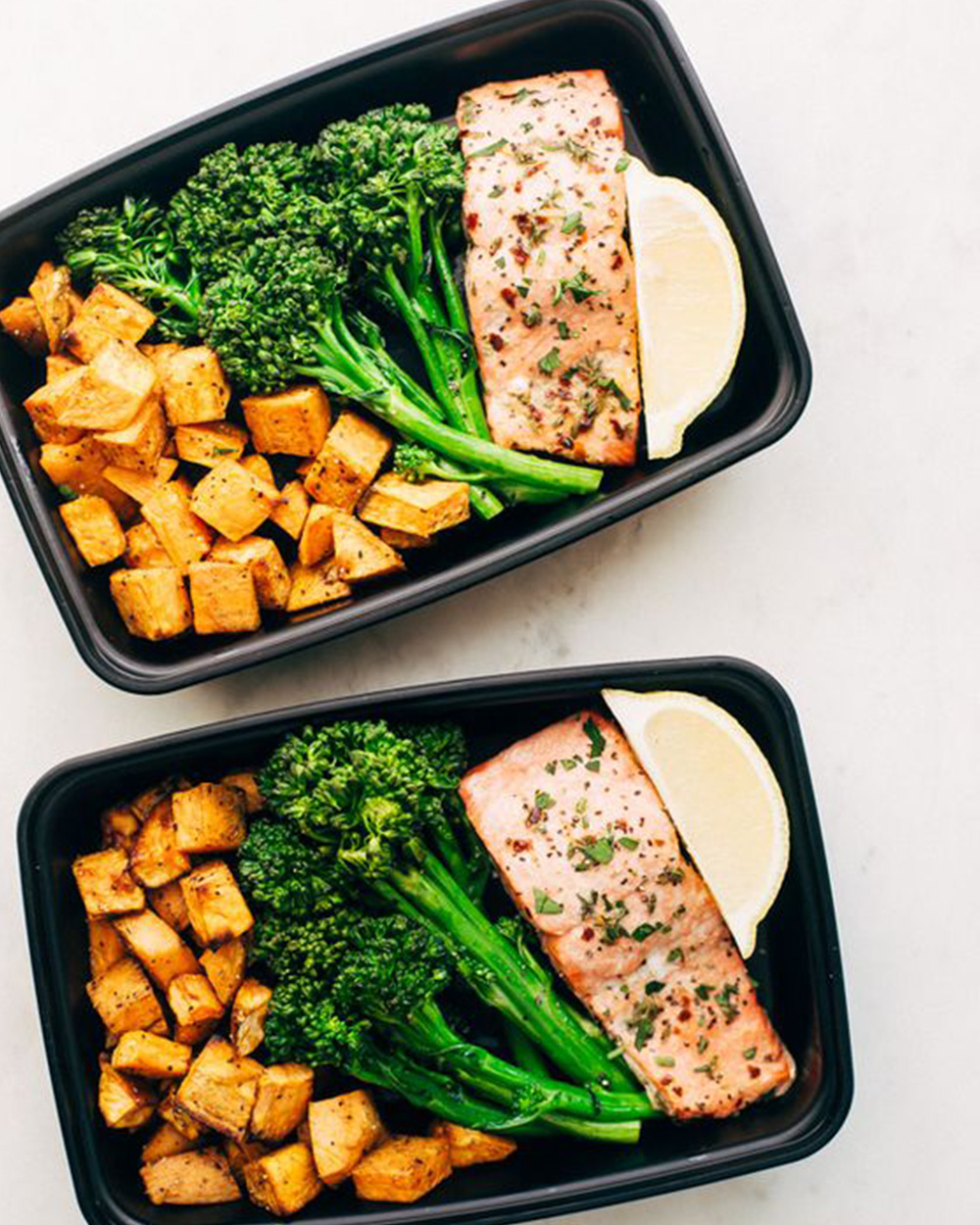Say hello to the financial savings wake-up call you didn’t know you needed. With our guide below, prepare to minimise your debt, maximise your savings and get yourself ahead without a pay rise. (Yes, it’s possible!)
Okay, so you’re on track with your New Year’s resolutions – whether that’s smashing your fitness goals or landing your new dream job – but somehow, your finances are still fledgling. Now is as good a time as ever to address your savings (or lack thereof).
But stress less, because a) frown lines now will cost you in your late 30s and b) at the bottom of those horrendous confronting moments comes clarity and motivation to change your spending habits.
But before we can commence with the savings tips, you’re going to need to do a few things…
1. Understand where your money goes
Firstly, don’t think being on a budget makes you budget. It makes you savvy, smart, empowered and in control. And *newsflash*… to go on a budget you need to be aware of how much you actually spend, and on what.
So slap on those nerdy-chic spectacles you bought sans prescription because you don’t actually need them (we’ll get to that later), park up at your desk and draw up a spreadsheet. You’re going to painstakingly go through your expenses over the past few months and calculate how much you’ve spent vs. how much you’ve earned. Glass of red wine advised.

Tip: Categorise your expenses into ‘Housing’ (ie rent/mortgage/insurance), ‘Transport’ (fuel/car repairs/road costs/bus cards/taxis), ‘Utilities’ (bills such as gas, power, phone and water), and ‘Groceries’. Don’t forget ‘Medical’, ‘Dining/Travel/Entertainment’, ‘Debt Repayments’, ‘Savings’, and ‘Miscellaneous’.
2. Adopt the life-changing money-saving rule:
Alas, as you’d suspected, dining out, Ubers, impulse retail purchases and endless beauty product splurges do, in fact, “add up”. We are going to introduce you to the budgeting model that will change your life: It’s called the 50-20-30 rule and it’s going to change your whole perspective.

How it works: It outlines that 50% of your after-tax income (once your PAYE, ACC, Student Loan, KiwiSaver etc. deductions have been made) should cover your financial ‘Needs’ as a real-life adult. We’re talking rent, insurance, medical costs, transport-related costs, food and utility bills. The 20% is for your ‘Savings’. Hooray! This portion of your income is dedicated to repayments and savings. And no, not savings for that Chloe handbag. Savings for emergencies or long-term goals such as a new car, a year-long trip overseas, a first home deposit, or something really important, just for you, depending on where you are in your life. Side-hustle, that you?
As for the remaining 30%? Yep, you guessed it – ‘Wants’. Using this model, all of your wants as a twenty-something can amount to 30% of your after-tax income.
The catch: Spotify, Netflix, or other auto-renewal subscriptions do not qualify as utility bills. Those, my friend, fall under entertainment, and entertainment is a want, not a need. This also begs a timely reminder that you do not need that Zara sweater on sale or that block of Pana chocolate. Again, those are wants and should be factored in the 30%, not your required-in-order-to-live 50% living costs. Take another sip of wine.
My experience: Adopting this rule completely spelled out what it means to live within my means. Before using the 50-20-30 rule I was spending upwards of 60% of my income on basic needs and the rest on wants (food and fashion, obvi). And before you inundate me with excuses, I stick to this budgeting model living in Auckland on a single income and no, not with my parents… not even close.
3. Change your attitude on what it means to live within your means
If you’re serious about saving money but horrified you only get to spend 30% of your income on wants, or your rent alone on your Grey Lynn flat amounts to 60% of your take-home pay, quite frankly, it’s as simple as getting over yourself and making some adjustments.
How to change your mindset on spending: Watch a documentary on minimalism and try to understand why you spend like you do on unnecessary and excess clothing, shoes, food and frivolous parties. Get real with yourself and ask whether it’s making you happy? And if it does, for how long before you feel the need to spend again? (That’s right, it’s an endless cycle… we feel ya.)
My experience: Believe me, I love new things and I love living in beautiful houses. Heck, I had all the symptoms of an online shopping addiction. But what I discovered, in the end, was how fleeting my happiness from having ‘things’ really was. Those things certainly didn’t come in handy when my car needed a new cambelt or that time I required emergency surgery to remove my wisdom teeth. Priorities change, doll. And so can your attitude.
My advice: Act as though you already have everything you want. Don’t let the things you don’t have make you think any less of the things you do have. Prevent your spending habits now from being what stops you from accepting very real opportunities later.
4. Why earning more money won’t always equate to more savings
Contrary to belief, earning more money won’t solve the problem either. It’s about maximising what you do have and living within your means. Besides, using a simple tool such as an income calculator will show you based on New Zealand tax rates that as your income scales up, the percentage of your take-home pay can vary, and not always to your advantage.

How it works: For example, the average person earning an annual salary of $40,000 with both Student Loan and KiwiSaver deductions (for this example, we’re calculating it based on 3%) can expect to take home 75.6% of their gross pay, whereas a person with the same deductions on a $50,000 salary will take home 72% of their gross pay and a $60,000 annual income will take home only 69% of their gross pay.
You see where this is heading?
What to do next: So, now that hounding your employer for a pay raise, (or worse, resenting your job because you think your mates earn more than you do) is crossed off your list, read on for a list of ways to save money in 2019.
5. Introduce small changes that can save you big money
Switch to a prepay phone plan: Avoid being locked into a monthly $49 AP for two years when you can be using prepay plans that provide you with just as many calls, texts and data for half the price. And better yet, they’re super flexible so you can up your data or minutes based on how you go, as you go. For those of you that consider prepaying cringe-worthy or so 2000-and-late, consider switching to a company that’ll at least throw in premium music subscriptions to save money on other expenses.
Ditch the gym: Use it or lose it, people. If you’re going to sponsor a business, please let it be to benefit mankind. After all, there are so many ways to keep active outside of the realms of a gym. But of course, if you love the gym, attend frequently and it provides you with sanity, then by all means, keep the membership.
Meal prep: Food can consume a large portion of your income if left unorganised. Prepping meals, planning home-cooked meals, bringing your own lunches and dining out less frequently will seriously save you some serious $$$. Besides, cooking is a skill for life (and it can double as therapy).
Stop ordering alcohol when you dine out: Let’s say you dined out twice a week and had two $12 glasses per meal on average. That’s $48 per week or $2,496 per year. Consider reserving the dranks for special occasions… and watch your bank balance climb.

Don’t go grocery shopping blind: Write a list and stick to it. Or better yet, do hypothetical grocery shopping online beforehand to get an estimate of how much it’ll cost you. This will deter any extra items being weaselled in when you’re doing it for real.
Use money saving apps: Some banks offer alerts and saving initiatives within their personal banking apps. Find out if your bank has anything similar to offer – otherwise, checking your balance more frequently should stop you from any impulsive purchases. Which brings us to…
No more impulse shopping: Avoid malls, unsubscribe from all retailers and limit your exposure to things you’re known to impulse buy. What you don’t know can’t hurt you. But hey, wow, check out your awesome savings account going up!
Downsize: If you’re living in flat that has varying rent payments based on room size, consider trading down with one of your flatties to bank another $40 per week. Otherwise, switch on flatmate-wanted alerts and keep your eyes peeled for a new flat with more affordable rent.

Challenge yourself to zero-spend days: Get yourself organised on the weekend, have your dinner ingredients in the fridge, your lunches made, sip on your office’s espresso and push out that trip to the beauty counter for few days. People will totally envy your Gwyneth Paltrow level organised-ness.
Carpool: Catch a ride in with colleagues, catch the bus or walk a little further and save money on fuel, parking, running-costs, you name it.
Host a garage sale: Move on from the old clothes you haven’t worn in years, shoes you no longer love, furniture you don’t need, sports equipment you’ve outgrown and say hello to a weekend away, all expenses paid. Or better yet, take it straight to the bank, baby.
If it’s not broke, don’t break it: Don’t succumb to trends – make do with what you have. Buy things with the intention of making them last and for goodness sake, no, you don’t need the latest iPhone. You just need a phone. That goes for your wardrobe, too. Fall in love with what you have.
Get a gig: Offer up babysitting services to neighbours and family, freelance on the side or take up extra shifts. Time is money, people.











